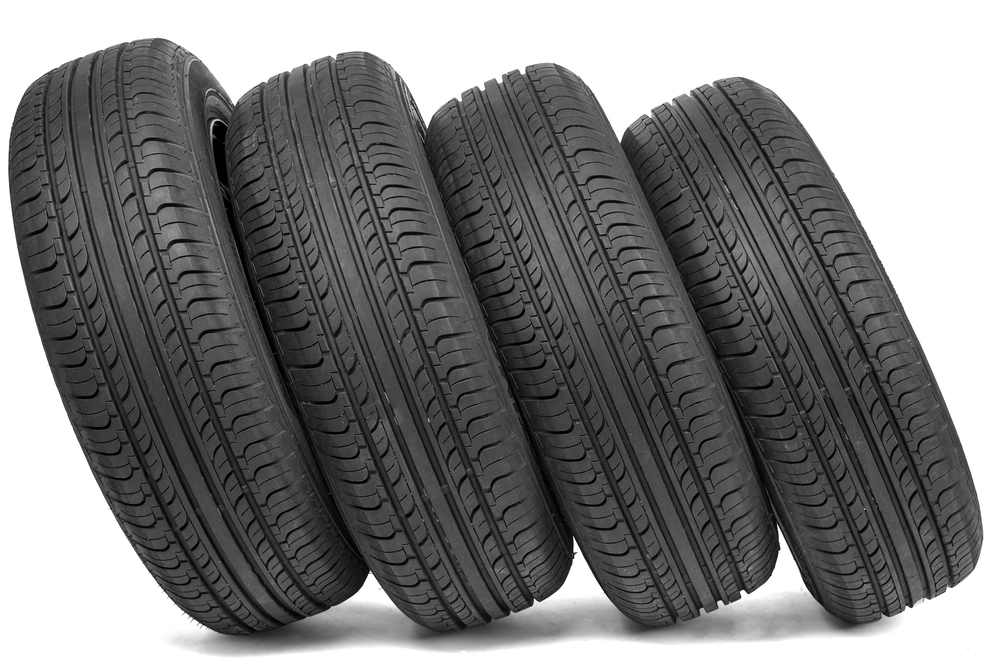Everything You Need To Know About Tires: Discover Options And Prices
Selecting the right tires for your vehicle involves understanding various tire types, construction methods, and pricing factors that affect performance and longevity. Whether you're replacing a single tire or purchasing a complete set, knowing your options and budget considerations helps ensure you make an informed decision that balances safety, performance, and cost-effectiveness for your specific driving needs.

Tires Options Available for Different Vehicles
Vehicle type significantly determines tire selection, as each category requires specific performance characteristics. Passenger cars typically use tires ranging from 14 to 18 inches in diameter, focusing on fuel efficiency and comfort. These tires prioritize smooth rides and longer tread life for daily commuting needs.
SUVs and light trucks require larger, more robust tires designed to handle increased weight and varying terrain. These vehicles often use tires between 16 to 22 inches, with reinforced sidewalls for durability. Performance vehicles demand specialized tires with enhanced grip and handling capabilities, often featuring lower sidewall profiles and advanced rubber compounds.
Winter tires remain essential for Canadian drivers, featuring specialized tread patterns and rubber compounds that maintain flexibility in cold temperatures. All-season tires offer year-round convenience but may compromise performance in extreme weather conditions.
What to Consider Before Buying a Complete Set of Tires
Several critical factors influence tire selection beyond basic size requirements. Tread pattern affects traction, noise levels, and wear characteristics. Symmetric patterns provide even wear and quiet operation, while directional patterns excel in wet conditions but require specific rotation patterns.
Load rating indicates maximum weight capacity per tire, crucial for vehicles carrying heavy loads or towing. Speed ratings designate safe operating speeds, with higher ratings typically offering better handling but potentially shorter tread life.
Climate considerations prove essential in Canada, where temperature fluctuations affect tire performance. Rubber compounds vary between tire types, with softer compounds providing better grip but wearing faster, while harder compounds last longer but may sacrifice traction.
How To Compare Tire Options And Find Complete Sets
Effective tire comparison requires evaluating multiple performance aspects and specifications. Tread depth measurements indicate remaining tire life, with new tires typically featuring 10-12mm of tread depth. Wear indicators become visible when tread reaches 2mm, signaling replacement needs.
Warranty coverage varies significantly between manufacturers and tire types. Tread life warranties may offer mileage guarantees, while workmanship warranties protect against manufacturing defects. Some manufacturers provide road hazard protection for additional peace of mind.
Performance ratings help compare tires across categories. Traction grades (AA, A, B, C) indicate wet stopping ability, while temperature ratings (A, B, C) reflect heat resistance capabilities. These standardized ratings enable objective comparisons between different tire options.
Tires Set Prices and Budget Planning
Tire pricing varies considerably based on size, brand, and performance characteristics. Budget-oriented tires typically range from $80 to $150 per tire, offering basic performance for standard driving conditions. Mid-range options generally cost between $150 to $250 per tire, providing improved durability and performance features.
Premium tires often exceed $250 per tire, incorporating advanced technologies and superior performance capabilities. Installation costs typically add $20 to $50 per tire, including mounting, balancing, and disposal fees. Additional services like alignment or valve stem replacement may increase total costs.
| Tire Category | Price Range (Per Tire) | Typical Lifespan | Key Features |
|---|---|---|---|
| Budget All-Season | $80 - $150 | 60,000 - 80,000 km | Basic performance, affordable |
| Mid-Range All-Season | $150 - $250 | 80,000 - 100,000 km | Enhanced durability, better traction |
| Premium All-Season | $250 - $400 | 100,000+ km | Advanced compounds, superior handling |
| Winter Tires | $120 - $300 | 40,000 - 60,000 km | Cold weather performance, specialized tread |
| Performance Tires | $200 - $500 | 40,000 - 80,000 km | Enhanced grip, responsive handling |
Prices, rates, or cost estimates mentioned in this article are based on the latest available information but may change over time. Independent research is advised before making financial decisions.
Installation and Maintenance Considerations
Professional installation ensures proper mounting, balancing, and alignment for optimal tire performance. Qualified technicians verify correct tire pressure, inspect wheels for damage, and ensure proper torque specifications. Many tire retailers offer installation packages including mounting, balancing, and old tire disposal.
Regular maintenance extends tire life and maintains vehicle safety. Monthly pressure checks prevent premature wear and improve fuel efficiency. Tire rotation every 8,000 to 12,000 kilometers promotes even wear patterns across all tires.
Storage considerations become important for Canadian drivers using seasonal tire sets. Proper storage in cool, dry locations away from direct sunlight preserves rubber compounds. Professional storage services are available through many tire retailers, offering convenience for those lacking adequate storage space.
Understanding tire basics empowers Canadian drivers to make informed purchasing decisions balancing performance, safety, and budget considerations. Regular maintenance and proper selection ensure optimal vehicle performance throughout varying Canadian weather conditions. Consulting with qualified tire professionals provides personalized recommendations based on specific driving needs and local conditions.




